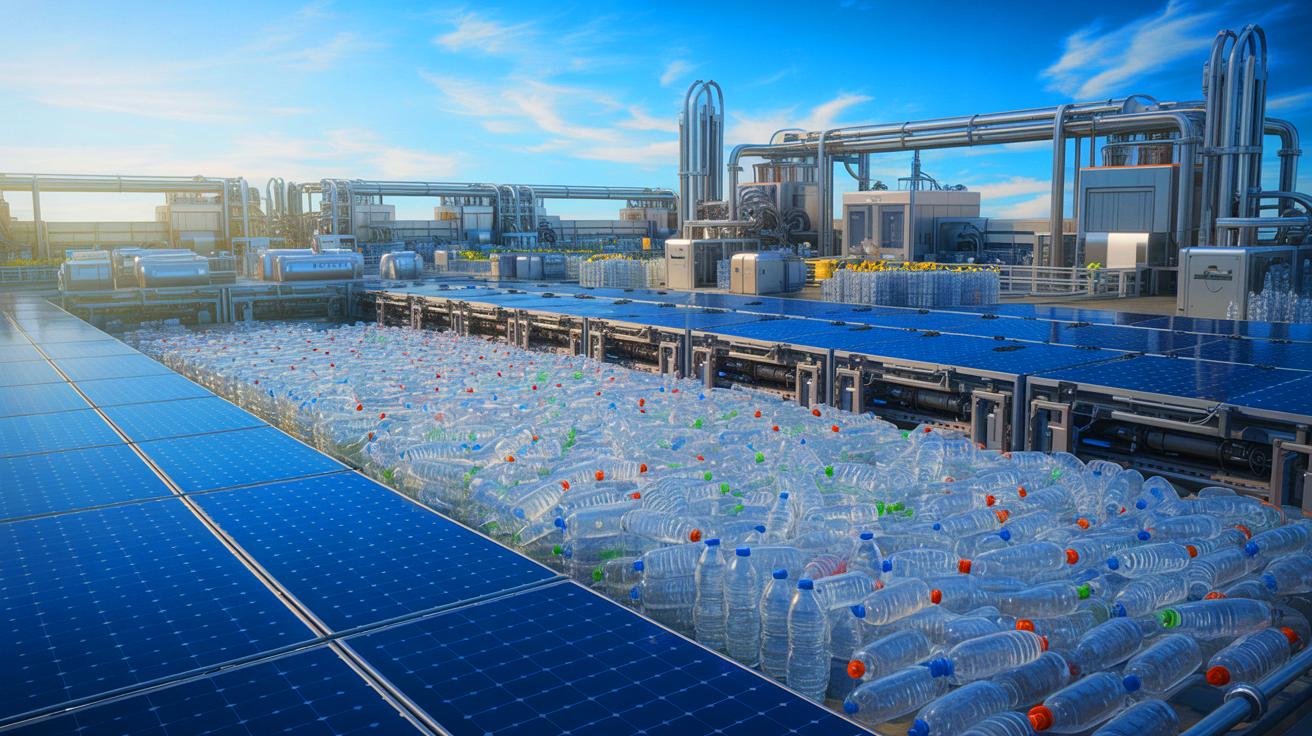Revolutionizing Energy Production: Turning Plastic Waste into Clean Hydrogen Fuel
Key Ideas
- In South Korea, scientists have developed a system converting plastic waste into clean hydrogen fuel using sunlight, addressing waste challenges and offering sustainable energy.
- The innovative system stabilizes the catalyst at the air-water interface, enhancing efficiency and overcoming common issues in photocatalytic hydrogen production.
- The system's scalability shows promise for cost-effective, carbon-free hydrogen production on a larger scale, potentially revolutionizing the energy industry.
- The integration of waste reduction with energy production not only mitigates environmental impact but also provides a dual solution to global waste and energy challenges.
South Korean scientists have made significant strides in recycling technology by developing a groundbreaking system that turns plastic waste into clean hydrogen fuel using sunlight. This innovative approach offers an eco-friendly solution to traditional hydrogen production methods while addressing environmental challenges posed by plastic waste. By stabilizing the catalyst at the air-water interface, the system enhances efficiency and promises scalability for cost-effective, carbon-free hydrogen production on a larger scale. The integration of waste reduction with sustainable energy production underscores the potential of this system to contribute to a cleaner, more sustainable planet. The dual benefit of reducing plastic waste and providing a clean energy source highlights the transformative impact of this research in creating a hydrogen-powered, carbon-neutral society. As the world seeks cleaner and more sustainable energy solutions, this technology offers a promising pathway towards addressing global waste and energy challenges concurrently, paving the way for a more sustainable future.
Topics
Cities
Environmental Impact
Clean Energy
Sustainable Technology
Waste Management
Recycling Innovation
Scalable Solutions
Latest News
